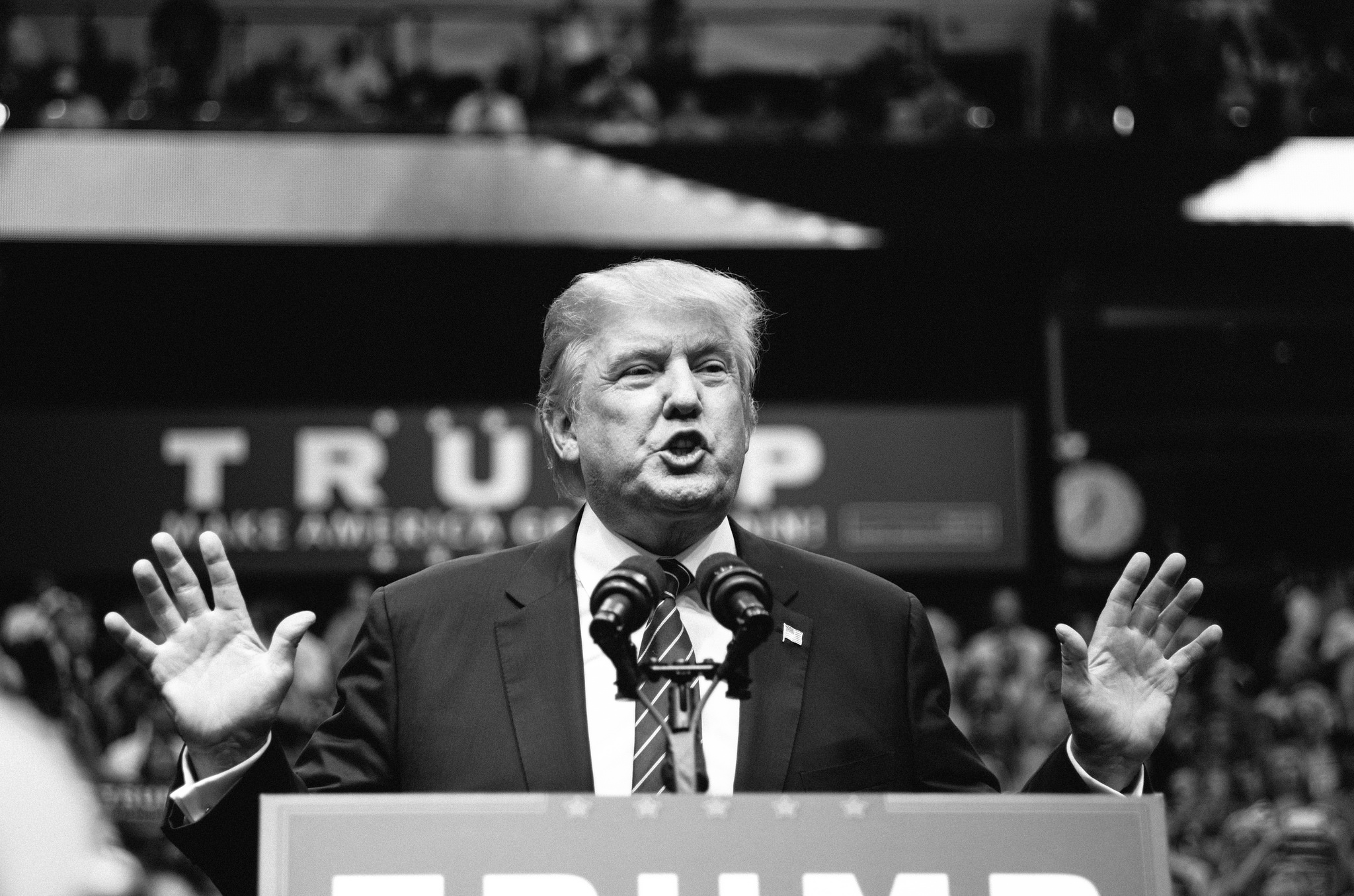By Jorge Castorena, Executive Editor
I was asked by the Collegian staff to write this editorial laying out my thoughts about Donald Trump’s immigration proposals and the overall immigration conversation that dominates the current election. I chuckled, because a lot could be said about irrational fears and stereotypes and misunderstandings… and good, old-fashioned ignorance.
But I decided that the world did not need another article about Donald Trump’s campaign and opinions. Instead, I thought I would talk about the Donald Trump in all of us.
A wonderful characteristic of human behavior—and in much of the animal kingdom—is that we like to be in groups. We like to do life with people that are like us. There is an entire field of communication called Group (Interpersonal) Communication, and I will admit I am sucker for it. This tendency of ours is wonderful because groups are things by which we can find identify and explain ourselves to ourselves and to the world. A group can mostly be anything. I am Mexican, I am American, I worship at Great Commission Fellowship, I am a Christian, I root for U of L, I live on Moose, I work on the Collegian. These groups say a lot about us, give us context to understand others, and often give us frameworks by which to understand the world around us.
They’re not always inherently good. Group identity can sometimes lead us to an unhealthy sense of pride in who we are and in our group—consequently looking down on other groups. In terms of racial tensions, we’ve all heard the term ethnocentrism—this notion that my ethnicity is more valuable (downright better, for some) than any other, which often leads to hostility to those “lesser” ethnicities. Explicitly, think Nazis or slave owners. The concept is true for religion, national identity, political affiliations, certain social groups, sexual orientation… pretty much anything in humanity that is varied.
And suddenly, it’s us vs. them.
Who is your them? Is it the Democrats? Muslims? Refugees? Mexican immigrants? Blacks? Another major? The athletes on campus? Another denomination?
We then proceed to talk about them, as though they weren’t all that human, or important, or like we know everything there is to know about them and their existence. We exalt “us” and demand compassion and understanding from “them.” The kicker is that we end up complaining about disunity and violence —and then blame it on “them.” How silly.
Do we ever consider what would happen if began to approach “them,” if we attempted to get to know “them?” Sure, there are fundamental differences between certain groups. People go to war over these differences. But the world and society are made up of individuals, who perpetuate the trends of the one group we all belong to—humanity, and we’re in constant civil wars. What we have to decide is which one is greater, “us” or “them.”
We all decide this, at some point, without thinking. Am I willing to abandon “us” for “them” and thus create a greater “us” that transcends division? For those of us who believe in a Savior, this is exactly what He did.
There is no easy solution to this cancer that plagues humanity’s thought processes. This isn’t a call for world peace. Wars will go on. White supremacists will continue oppressing people of [any] color. Republicans will still blame the Democrats. The Wesleyans will argue with the Reformed. Stereotypes won’t cease. Our social cliques aren’t merging anytime soon. And the Donald Trump in all of us will remain willingly ignorant to the reality that “us” is someone else’s “them,” and most importantly, that those we call “them” are not that much different from “us.”


